The police cannot police the police
Have you heard how people in the police lockup have to pay RM300 for teh tarik, roti canai, and mee goreng? Or cops who work with touts and lawyers to inflate car insurance claims? How about cops who collect monthly “fees” to close one eye to illegal factories?
Or worse, cops who “recycle” drugs kept as “evidence”, cops who work with organised crime on prostitution, drugs, and illegal gambling, or even a cop worth RM34 million?
All these complaints were in the Royal Commission (RC) report to improve the police back in 2005. Have we seen much improvement since then?
I made a documentary 15 years ago about our police titled "Kopi O Khau Sikit Kurang Manis". What the Royal Commissioners told me back then was depressing.
Activist Ivy Josiah related how police often extort foreign workers. Prof Hamdan Adnan told me that if cops who “lick the boots” of their superiors get promoted, what incentive is there for cops to work hard to bust crime?
Even worse, the RC report speaks of police officers who were asked to pay RM40,000 to get promoted to “gold mine” sections of the force, such as the ones handling narcotics, prostitution, gambling, commercial crimes, procurement, promotions and, yes, traffic offences.
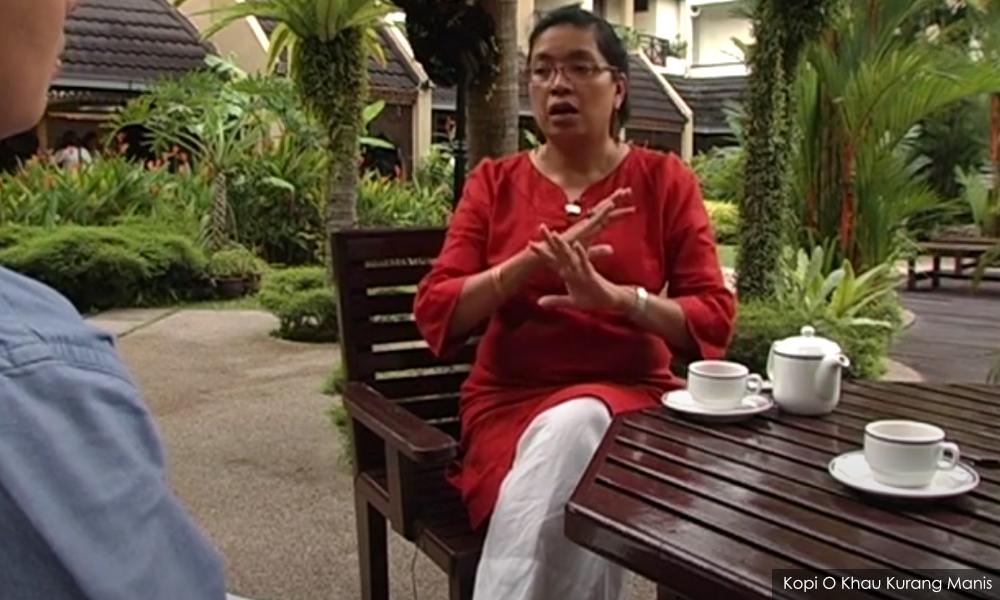
Is that why cops seem to have less motivation to really stop crimes that affect the public such as snatch thefts and house robberies? Because these are not “gold mines”?
Yet police can patrol the streets, even housing areas if they want to. We see them doing it now to enforce the movement control order (MCO) or lockdown rules. We wish they could be equally visible during normal times to prevent crimes and save us the cost of hiring our own security guards.
I was able to produce the documentary thanks to help from the NGO Komas (Komunikasi Masyarakat). They organise the annual Freedom Film Festival of videos related to human rights.
The trigger point then was the leaked video of a naked woman in police custody doing ketuk ketampi - squats while holding her ears like a monkey - a move clearly designed to humiliate, not investigate.
Fish rots from the head
Sadly, that was just the tip of the iceberg on police misuse of power, and yes brutality. In the documentary, I spoke to lawyer N Surendran, who was handling many cases of people who had died in police custody.
He himself saw a man being tortured in the Banting police station. When he asked the cops why they were doing this, they replied, “Is he your client?” (if not, it’s none of your business).
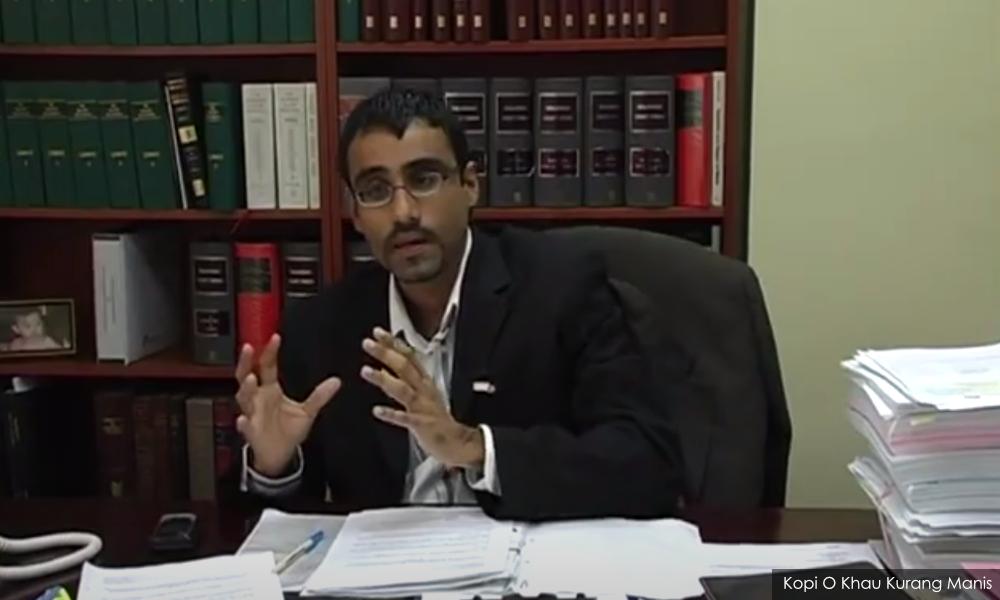
Sadly, the pattern of alleged violence continued, with four reported deaths since April 18 this year. Sometimes, the bodies bear marks of severe beatings (not reported by the official post mortem) while in other cases, healthy men ended up dying of suspicious causes such as “pneumonia” or “breathing difficulties”.
The most famous case of police brutality was in 1998, when the then inspector-general of police (IGP) himself, Rahim Noor, whacked Anwar Ibrahim to produce the infamous black eye.
Perhaps there is truth in the saying, “a fish rots from the head.”
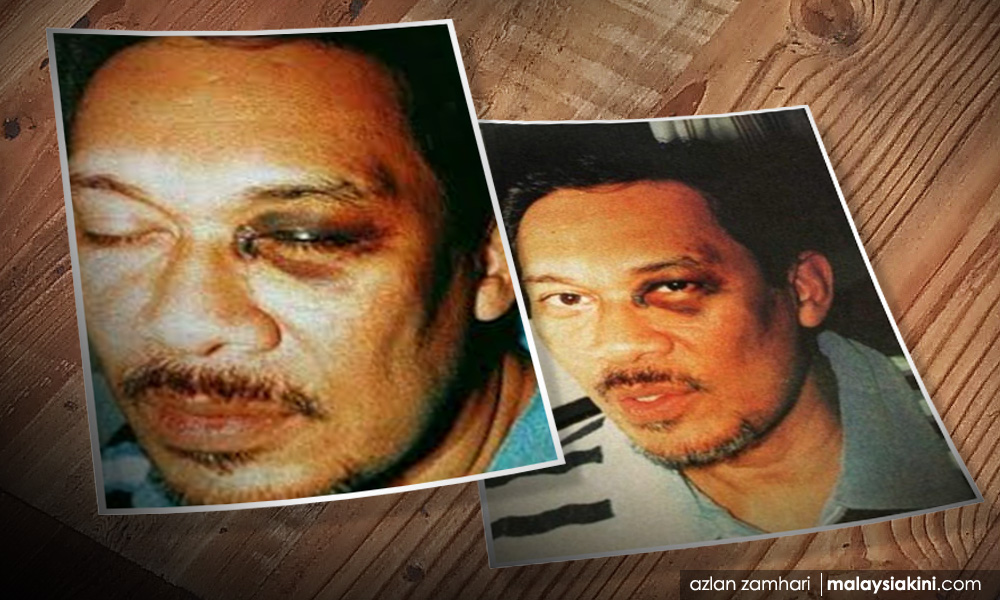
Another issue explored was that the police were wasting precious energy monitoring opposition politicians, rather than fighting crime. In the documentary, I did a simple experiment, putting up a political poster where former prime minister Dr Mahathir Mohamad had slammed then prime minister Ahmad Badawi.
The poster was pasted (temporarily) on a wall full of stickers from alleged loan sharks. And then I asked, would the police act more urgently against the political poster or the loan shark advertisements?
This problem continues, as recently retired IGP Abdul Hamid Bador has revealed how Home Minister Hamzah Zainudin wanted to appoint “his boy” to lead the Special Branch to conduct “political operations”.
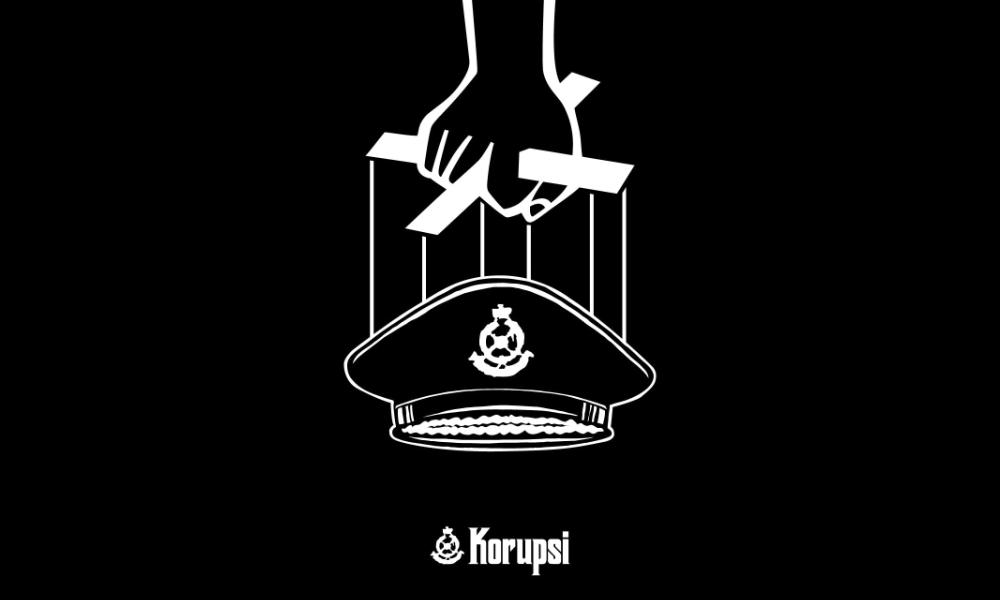
Much was said back then that police did not have “enough resources” to fight crime. Since then, lots of money has been given to the cops. For example, Budget 2017 allocated RM8.7 billion to build 12 police district headquarters, 69 training centres, etc.
Yes, we see gleaming new multi-storey police buildings but the fight against crime has not soared quite so high. Clearly, more money alone is not enough, for there seems to be a deeper problem. For example, in February, ex-IGP Hamid Bador revealed a few “Tan Sris” and “Datuks” are running the country’s drug cartels.
It’s always been claimed that it’s “just a few rotten apples” that give the force a bad name. Yet Hamid Bador admitted in March that corruption is plaguing the force from the bottom right up to the top level (of a former IGP). He added that a cartel of officers was doing the “dirty work” of toppling him. So have worms already infested the whole barrel of apples?

Why IPCMC is crucial
Have things gotten worse over the past 15 years? The RC report back then did suggest a solution, to set up an IPCMC or Independent Police Complaints and Misconduct Commission.
The keyword here is “independent”. It must be independent of the police force. This is because “the police cannot police the police.” Or as then Bar Council president Yeo Yang Poh said in the documentary, “It’s like saying, if you have a problem with me, I allow you to complain only to my father, brother, and sister.”
In January 2006, Badawi, being the decent man he is, agreed “in principle” to set up the IPCMC. Amazingly, the police then told him, “No, we reject it.” Wow, how could “public servants” defy the prime minister himself?
That led some people to joke that the police are not PDRM (Polis DiRaja Malaysia) but actually PRDM (Polis Raja Di Malaysia - Police are Kings in Malaysia). Even more shockingly, the police website then had threats that the cops would “biar jenayah naik” (allow crime to rise) and vote for the opposition if the IPCMC is set up.
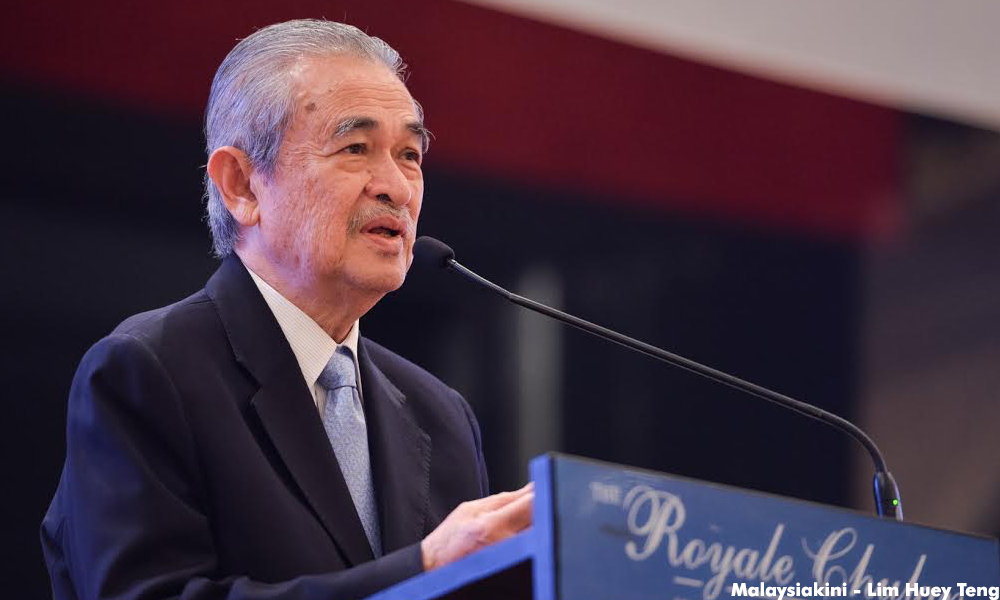
Why were the police so dead set against something that would clean up the force of its so-called “few rotten apples”? Of course, there are good, honest, hard-working cops, but their names are being sullied by the cloud of controversy hanging over the police. Isn’t it time to discipline and remove the bad apples? To allow the good apples to shine?
Or have the worms spread the rot beyond the police? Another Royal Commission, on the Wang Kelian slave-trading cum death camps on the border of the northern Perlis state, suggested a less-than-holy alliance between the police, shady businessmen, and perhaps politicians. Otherwise, why was evidence at the camps destroyed or deleted?
So, is the real reason why the police are resisting the IPCMC to prevent the exposure of skeletons in the closet? Of politicians with a reputation for being less than clean? Is this why BN, GPS, and the “holy men” from PAS rejected the IPCMC in 2019 when the Pakatan Harapan government was trying to push it through?
Is that why the Perikatan Nasional (PN) government has proposed a watered-down version of the IPCMC where any complaints of the police must be handled by the Police Force Commission, i.e. the police themselves?
Ex-IGP Hamid Bador confirmed in April that the cops cannot clean their own house. He pointed that the force’s own Integrity and Standard Compliance Department (Jips) was guilty of covering up wrongdoing.
Reforming the police (with a proper IPCMC as a first step) will be crucial to this country’s future. Otherwise, we are probably doomed to repeat this disaster for the next 15 years. And beyond. - Mkini
ANDREW SIA is a veteran journalist who likes teh tarik khau kurang manis. You are welcome to give him ideas to brew at tehtarik@gmail.com.
The views expressed here are those of the author/contributor and do not necessarily represent the views of MMKtT.
✍ Credit given to the original owner of this post : ☕ Malaysians Must Know the TRUTH
🌐 Hit This Link To Find Out More On Their Articles...🏄🏻♀️ Enjoy Surfing!




















Post a Comment